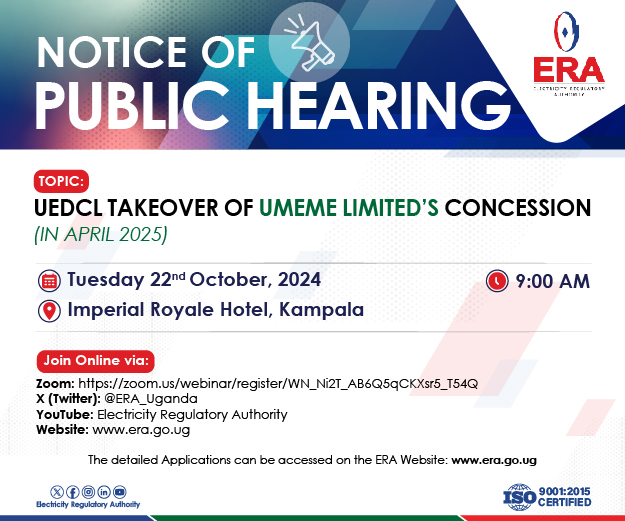The Permanent Secretary and Secretary to the Treasury, Ramathan Ggoobi, has reiterated that addressing Uganda’s corruption crisis requires more than symbolic gestures or severe punishments. Speaking in Mbarara, Ggoobi emphasized that tackling corruption effectively demands systemic reforms, as opposed to relying on prayers or outdated strategies like naming and shaming.
“Prayers are important for moral guidance, but they cannot replace the need for practical measures to root out corruption. Naming and shaming has proven ineffective because corrupt individuals often have robust networks of protection. Worse, they are sometimes celebrated by communities upon their release from custody, which speaks to the depth of the cultural challenge,” Ggoobi stated.
To curb the vice, the government has shifted its focus to institutional reforms aimed at enhancing accountability and reducing human involvement in cash transactions. Ggoobi outlined measures such as digitizing public financial systems and automating government procurement processes to reduce corruption-prone loopholes.
“When corruption happens, it often occurs during the transaction phase, where accounting officers collude with suppliers to misappropriate funds. By automating these processes, we are working to close such gaps and eliminate physical cash handling altogether,” he explained.

Ggoobi pointed to Uganda’s recent economic achievements as evidence of the impact of these reforms. The country’s Gross Domestic Product (GDP) has risen to $53.6 billion as of June 2024, with a 6.1% growth rate—one of the highest in East Africa. Inflation, which had peaked at 10.7% in late 2023, has since dropped to 2.9%, well below the government’s 5% target.
Lawrence Semakula, Uganda’s Accountant General, highlighted the strides made in improving transparency through financial system automation. “In the past, only senior accountants had full knowledge of the funds allocated to their departments. Today, the systems are open, allowing all stakeholders to track the flow of resources from budgeting to expenditure. This has greatly reduced opportunities for corruption,” Semakula said.
He also emphasized the progress of the electronic government procurement (e-GP) system, which is set to address inefficiencies in procurement—a major source of financial loss. According to Semakula, this system will bolster accountability, reduce procurement fraud, and enhance overall financial management.
A 2021 report by the Inspectorate of Government revealed that Uganda lost over Shs 614 billion to procurement-related corruption in 2019, accounting for nearly 2% of the national budget. Additionally, Transparency International’s 2023 Corruption Perception Index ranked Uganda among the 30 most corrupt nations globally, with a score of 26%.

Ggoobi expressed optimism that Uganda is on the right path, but he warned that long-term success requires a collective effort from all sectors of society. “This is not just a government issue. The fight against corruption requires cultural change, active citizen participation, and unrelenting commitment to transparency,” he concluded.




